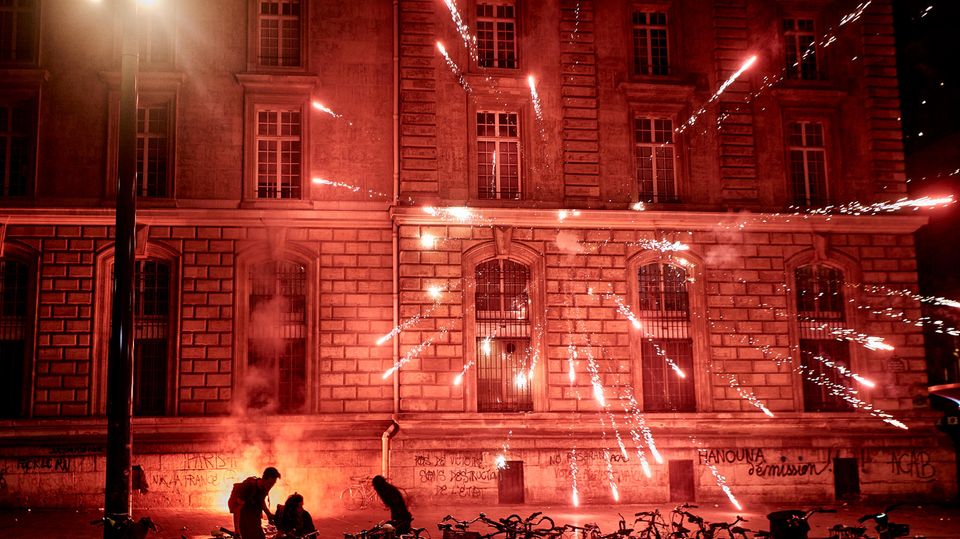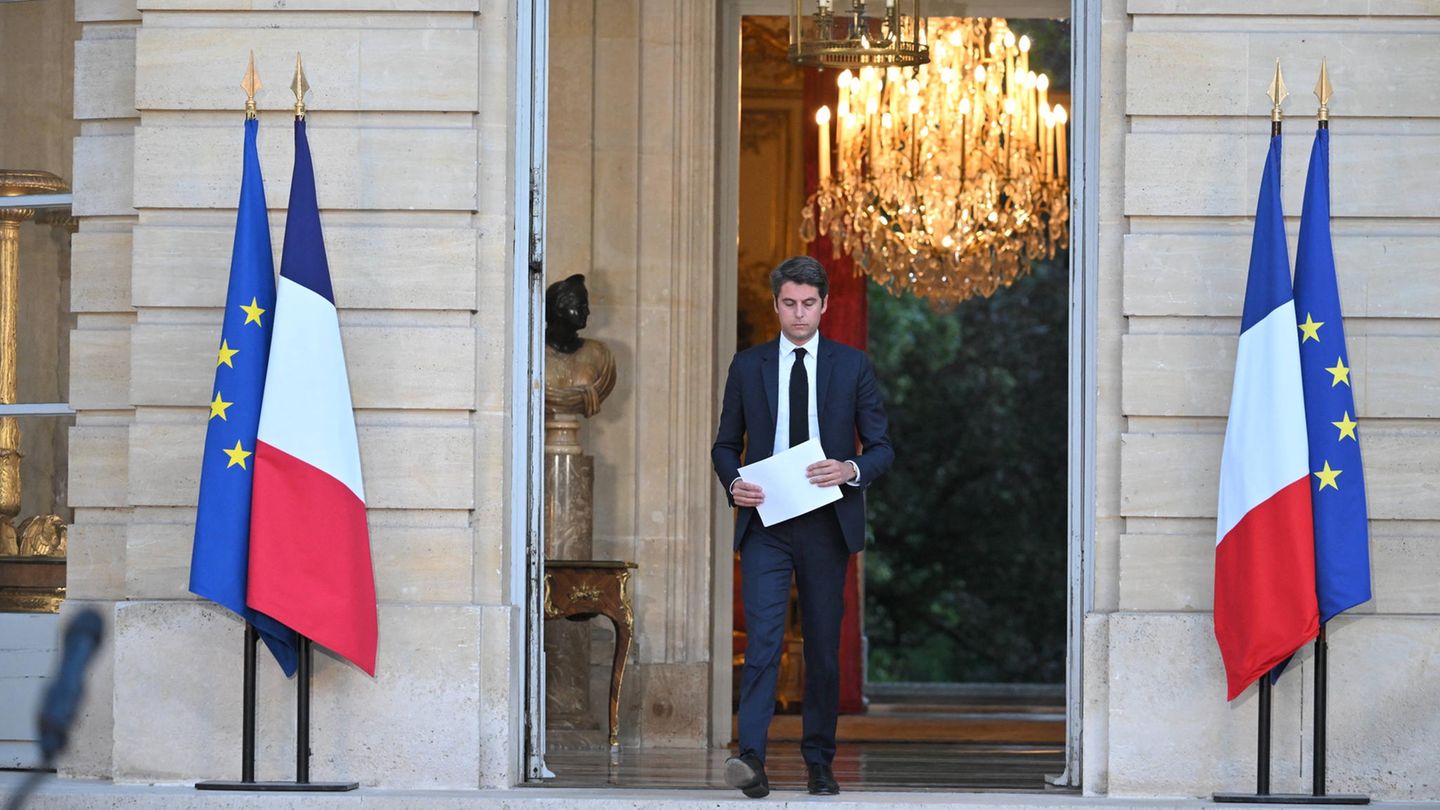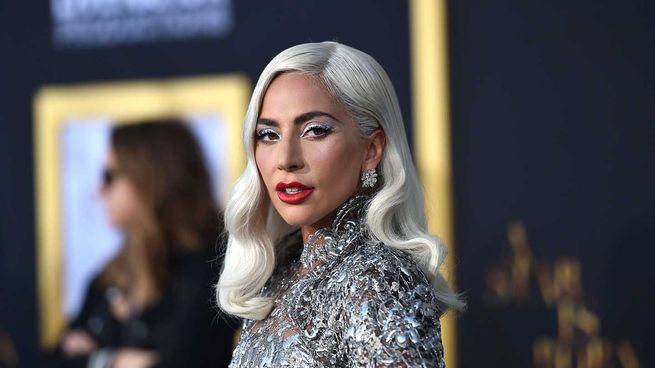In France, Prime Minister Gabriel Attal offers his resignation after the election. But President Emmanuel Macron refuses. The balance of power between the two is relatively clear – and very different from Germany.
The day after the surprising result of the parliamentary election, France has to regroup. The shift to the right is less pronounced than expected – according to the provisional official final result, the new left-wing alliance has won in the newly elected National Assembly. This is followed by the center camp of President Emmanuel Macron in second place and Marine Le Pen’s Rassemblement National, which was initially seen as the favorite after the first round of voting, in third place. The Interior Ministry in Paris announced this, without assigning all elected MPs to one of the major camps. Prime Minister Gabriel Attal drew the first conclusions and announced his resignation.
But why is the Prime Minister drawing conclusions and not President Macron?
According to the constitution, the French president has a number of rights that he can exercise without control by other constitutional bodies. These include the appointment of prime ministers, the dissolution of the National Assembly and the declaration of a state of emergency. In addition, Charles de Gaulle, the first president of the Fifth Republic (from 1958), shaped the role of the head of state and went far beyond the constitution. In foreign, security and European policy and in every domestic policy area that he considered important, de Gaulle – and not the prime minister – determined policy. France’s presidents continue to follow this approach to this day. The fact that the head of state – unlike in Germany – is elected directly by the people gives him additional legitimacy.
The role of the Prime Minister in France
In France, on the other hand, the Prime Minister runs the government’s business and proposes ministers to the President, who then appoints them accordingly. The Prime Minister is responsible to Parliament and relies on the President’s trust. Under the leadership of the Prime Minister, the government determines and directs the “policy of the nation”, i.e. it mainly makes domestic policy decisions.

Left alliance surprisingly ahead – serious riots in Paris
01:27mins
It was unclear until Monday afternoon whether President Macron would accept Attal’s resignation and appoint a leftist as prime minister. In such a constellation, Macron would lose power, and the prime minister who runs the government would become more important. In fact, Macron has rejected Attal’s resignation request “for the time being” and asked him to stay in office in order to “preserve the stability of the country,” it was said on Monday in the Elysée. This would allow Macron to postpone the government reshuffle until after the NATO summit and the Olympic Games. It is also conceivable that Macron will then appoint an independent expert as prime minister, following the example of Mario Draghi in Italy. The situation in France therefore remains unclear for the time being – and exciting.
Note: This article was written after the rejection of the Resignation updated.
Sources:, , .
Source: Stern
I have been working in the news industry for over 6 years, first as a reporter and now as an editor. I have covered politics extensively, and my work has appeared in major newspapers and online news outlets around the world. In addition to my writing, I also contribute regularly to 24 Hours World.




